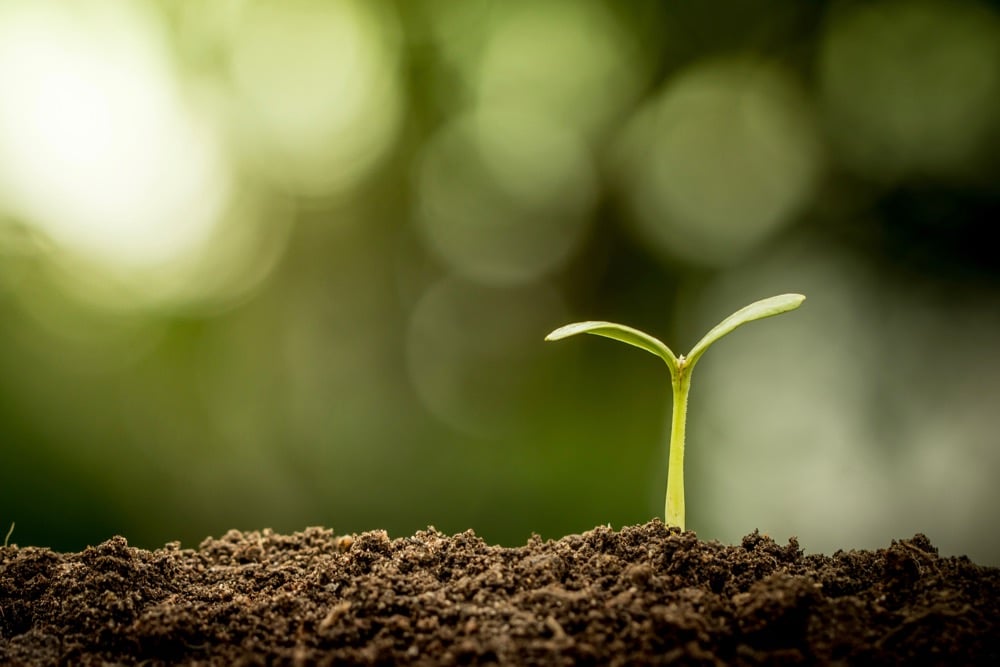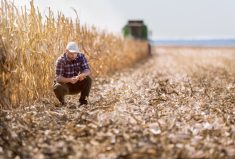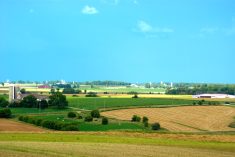It was never in doubt that agriculture and the rest of the food system would be declared an essential service during COVID-19.
There is little more essential to human life than food.
Most of us celebrated quietly, as that designation meant that farm businesses could continue and the nature of most farms and the supply chains that serve them meant that social distancing to limit disease transmission would not be all that difficult.
You might have to forgo a chat with the milk truck driver as you both lean on the bulk tank, and be unable to discuss planting progress with the custom sprayer operator, but the animals would be fed and the crops could be planted.
Read Also

Ontario’s agri-food sector sets sights on future with Agri-Food 2050 initiative
The first-ever Agri Food 2050, a one-day industry event dedicated to envisioning the future of food and farming in Ontario,…
As the virus spread, however areas of on-farm risk have emerged. They have become, along with long-term care facilities, the source of the most intense COVID-19 outbreaks in the province.
One large outbreak has had the dubious distinction of being a significant driver of Ontario’s still-too-high coronavirus cases (as of early June).
There were between 150 and 200 cases of the virus found in workers at the Scotlyn Group, a large and integrated farming and trucking company with operations in Canada and the United States. They are based in Norfolk County. Their large seasonal foreign worker workforce was busy harvested asparagus in late May when the virus hit the operation.
The company tested its 216 foreign workers after some came down with the virus. Most of them did not have symptoms. The workers were in quarantine to keep the virus within the farm’s operations, even though most of them showed no symptoms.
The Scotlyn Group was not the only farm with seasonal and domestic workers close together that has been affected. Farm workers were the cause of a spike in COVID-19 cases in the Windsor and Chatham-Kent area as well.
Farmers tried to take precautions before workers arrived, with images shared of Plexiglas dividers between seats on vegetable seedling planters. The issue, however, isn’t likely the field-level operations, but in housing.
Dividers might help in the field, but when all the same workers live together in a bunk house, the virus will spread and quickly, as it has on some of these farms. Ironically, not housing seasonal workers in the community has helped to contain these outbreaks to the farming operations, with some exceptions.
This is not an Ontario-only problem, with outbreaks among farm workers in British Columbia and the United States.
The practice of moving seasonal foreign workers among farms has also become commonplace over the past several years. That makes sense, as farmers are growing different crops and have different labour needs at different times of the year.
It is, however, a good way to spread a virus.
Like many parts of life we took for granted before COVID-19, there may need to be changes in how fruit and vegetable farm labour is managed. Alternatives are not easy or plentiful. It’s difficult and expensive to replace the brain and dexterity of a human in planting and harvesting with technology. We outlined many of those reasons in the cover story of our June 1 edition.
Domestic labour is difficult to find.
But there will be changes coming to how foreign workers are managed and it will be more expensive to employ and house them.
“We have put out guidance for temporary foreign workers for medical officers,” said Ontario’s Associate Chief Medical Officer of Health Barbara Yaffe in one of her recent public updates. “I think we need to learn from our experience and consider whether we should be looking at different policies for next year.”
Any solutions will have to be a balance. Are consumers ready to pay more for fruits and vegetables in order to protect workers? If not, then our fruit and vegetable farmers will be in precarious positions and we will continue to import more and more of our food from areas where workers are treated poorly. What will be the public tolerance to pay more when people have seen that our largest fruit and vegetable producers are large, integrated businesses employing 100s of people?
It’s also important to remember that we are in extraordinary times that won’t last forever. COVID-19 will either fade away or will become part of our usual flu-season health considerations. Herd immunity, and hopefully a vaccine will allow us to get back to normal. And, then, maybe we’ll have another 100 years before the next pandemic.
Farmers have worked hard to continue to provide food, as befits their essential service designation. It has also come with risk, for some.















